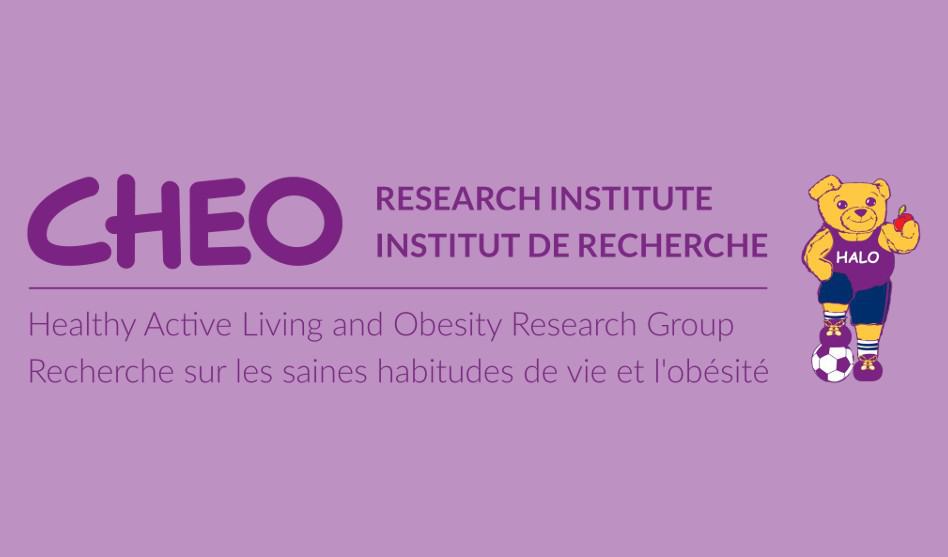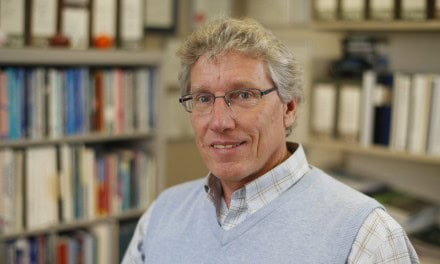Congratulations to HALO summer students on their excellent presentations at CHEO’s annual Serge Taillon Student Research Day on August 12th! Their presentations were clear, informative, and thought provoking and they answered the judges’ questions very well. The presenters, presentation titles and short summaries are provided below.
- Maya Rao. Healthy Lifestyles Project (HELP) for Youth with Mental Distress (Supervisors: Dr. Clare Gray & Dr. Pat Longmuir)
The Healthy Lifestyles Project (HELP) is an intervention designed to improve the mental health of youth through therapeutic lifestyle changes (TLCs). In this project, evidenced-based e-resources on the topics of screen time, physical activity and sleep support were created and presented to study participants in order to gain feedback on the format and content of our resources. We found that the participants were satisfied with the modules that were created, although their feedback was used to improve the resources in several areas. The finalized resources will soon be offered to patients awaiting mental health services at CHEO as part of the HELP Pilot study.
- Hannah Cummings. Impact of physical activity counselling on children with medical conditions and disabilities and their families. (Supervisor: Dr. Pat Longmuir)
Physical activity counselling can address some of the barriers stopping children and youth with chronic medical conditions from being active, but little is known of the experience of children and families who have received such counselling. We are in the process of interviewing children and parents who have completed physical activity counselling here at CHEO in order to find the successes, challenges, and overall impact of the program. Preliminary concepts found include how counselling helped develop a new mindset for physical activity, teach participants how to enjoy physical activity, and more. Emerging themes include how counselling enhances perception of physical activity, participants felt well-supported, and participants wish that the program could be expanded.
- Olivia Carere: Supporting CHEO Patient’s Confidence for and Achievement of Physical Activity Through Guided Kinesiology
Support. (Supervisors: Dr. Hana Alazem and Dr. Pat Longmuir)
Children with medical conditions and disabilities are less active than their peers. We recognize that these children sometimes lack the self-confidence to participate in activities with their peers. To address this problem, we are investigating how a guided kinesiology intervention program could support patient’s confidence for and achievement of physical activity. With further results, this intervention could become a program we integrate into outpatient clinical care in order to optimally support our patient’s health and wellbeing!
- Javier Armando Porras Gil. Understanding the physical literacy development of children with chronic medical conditions and changes due to COVID-19. (Supervisor: Dr. Pat Longmuir)
Physical literacy, capturing the various factors that contribute towards a healthy and active lifestyle, was observed among 90% of children with chronic medical conditions to be in the “beginning” or “progressing” stages. Within the current context of the COVID-19 pandemic, these preliminary results are like previous findings that children with medical conditions have high motivation and knowledge about active lifestyles, but their daily behaviour and physical competence levels fall behind. Results from this on-going study will help inform ways to support children with medical conditions following the pandemic, as they begin to develop the physical literacy required for an active lifestyle.
- Neya Ramanan. A Retrospective Evaluation of Energy Expenditure and Exercise in Children with Structural, Rhythm and
Contractile Heart Problems. (Supervisor: Dr. Pat Longmuir)
Children with structural, rhythm and contractile heart problems are more sedentary than their peers, even with comparable exercise capacity. We hypothesized that patients with growth limitations would have an energy deficit that impacts their exercise capacity, as measured by an exercise test. By retrospectively extracting data from medical charts and the exercise test, we were able to examine the role that energy balance plays in the development of healthy, active lifestyles. The preliminary data presented showed that 7% of participants only participated in stages 1 and 2 of the exercise test (poor exercise capacity), 23% of patients are below the 25th height percentile and 19% are below the 25th weight percentile (limited growth), at the time of the exercise test.
- Alex Adams. Transitional aged youth social media usage effects on depression and well-being (Supervisor: Dr. Gary Goldfield)
Social media usage and its effects on Depression and Wellbeing have been studied previously, but rarely in an experimental design. The study analyzed whether a reduction Regular social media usage (SMU) is associated with lower levels of depression and higher well-being. The results were inconsistent with the hypothesis, however it provided a new insight into SMU and its effects on transitional aged youth.
- Sabrina Perry. A Randomized Controlled Trial Examining the Effects of Limiting Social Media Use on Anxiety and Fear of
Missing Out Among Transitional Aged Youth. (Supervisor: Dr. Gary Goldfield) - Kaeshan Elamurugan. The effect of sleep duration on nutritional intake in adolescents with severe obesity: A Sleep Manipulation in Adolescents at Risk of Type 2 Diabetes (SMART2D) Study. (Supervisor: Dr. Jean-Philippe Chaput)



